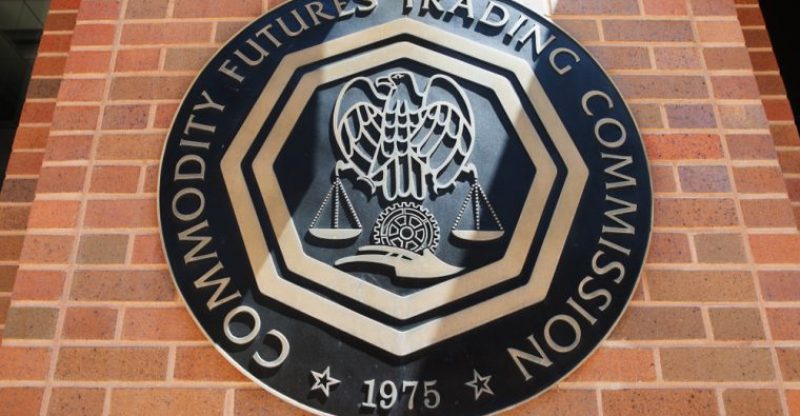CFTC Pursues Charges Against My Big Coin, After US Federal Judge Rules
Recently, a US federal judge ruled that My Big Coin is a virtual currency meeting the definition of a commodity, which falls within the jurisdiction of the Commodity Futures Trading Commission (CFTC). This lets the regulator pursue fraud charges involving the cryptocurrency.
In a lawsuit against My Big Coin Pay Inc. and its founder, the CFTC’s authority has been challenged by the defendants. The case could not move forward until the derivatives watchdog’s jurisdiction has been established.
On the 26th of September, US District Court Judge Rya Zobel in Boston sided with the CFTC and ruled that My Big Coin (MBC) is a commodity. As reported by Reuters, according to Mr. Zobel “Virtual currencies meet the definition of a commodity and fall within the jurisdiction of the US derivatives regulator, allowing the agency to pursue fraud allegations against My Big Coin Pay Inc.”
In the case’s Memorandum of Decision filed on Wednesday, Zobel explained that the Commodity Exchange Act “defines ‘commodity’ generally and categorically, ‘not by type, grade, quality, brand, producer, manufacturer, or form’.” Elaborating that “The amended complaint by the CFTC alleges that My Big Coin is a virtual currency and it is undisputed that there is futures trading in virtual currencies (specifically involving bitcoin). That is sufficient, especially at the pleading stage, for the plaintiff to allege that My Big Coin is a ‘commodity’ under the Act.”
Back in January, the CFTC filed sanctions against Randall Crater, Mark Gillespie, and My Big Coin Pay Inc. Reuters detailed that the regulator alleged that “the defendants misappropriated $6 million from 28 customers they lured by naming their virtual currency (MBC) to sound like bitcoin and further claiming it was backed by gold.”
Nonetheless, its jurisdiction over cryptocurrencies was questioned in June, according to reports. Crater’s lawyer Katherine Cooper argued that MBC “does not have future contracts or other derivatives trading on it, it is not a commodity.”
She went on to dismiss the case, asserting that the CFTC had no authority because MBC is neither a tangible good nor a service on which future contracts are being traded. However, Mr. Zobel denied the motion, thereby allowing the CFTC to pursue fraud allegations against the defendants.
In response to the ruling, Cooper noted in an email stating “We are disappointed in the result… Now that we are moving past the motion to dismiss phase of the case, we look forward to challenging the CFTC’s ability to prove many of the factual allegations in the complaint. Among those factual allegations are those which speak to the relatedness of Bitcoin and My Big Coin and therefore the CFTC’s jurisdiction.”





